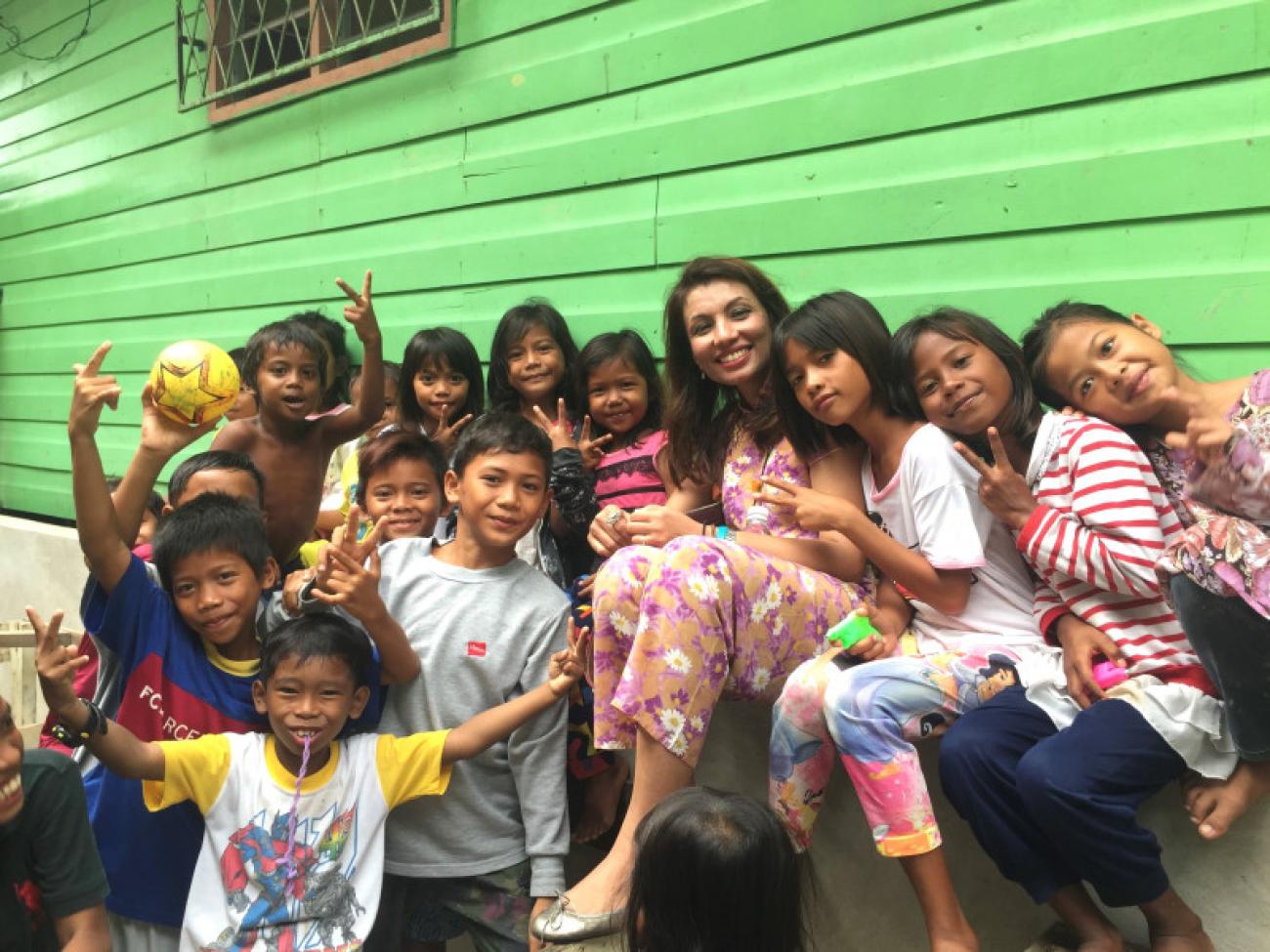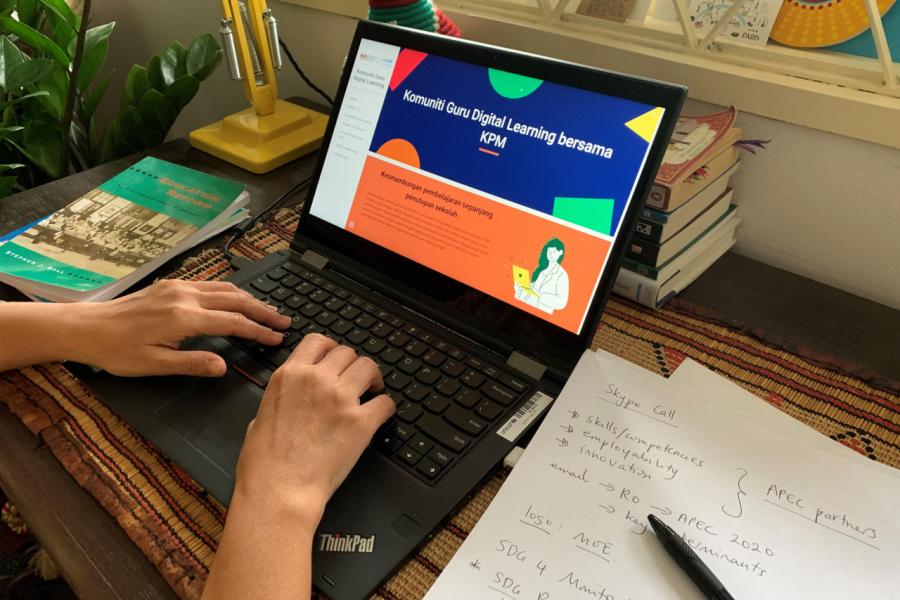Changing courses, transforming education one child at a time

UN International Day of Education 2022 focuses on improving access to learning for all communities, more so as the Covid-19 pandemic rages on
Read the original story at The Vibes
KUALA LUMPUR – In conjunction with the International Day of Education 2022 being celebrated today, The Vibes spoke to United Nations International Children’s Emergency Fund (Unicef) education specialist Azlina Kamal.
One of the most important aspects of her work is equity and inclusion, especially for children who are marginalised, disadvantaged, and excluded.
Q: What is the meaning of the UN theme for 2022, which refers to ‘changing courses and transforming education’?
A: The Covid-19 pandemic has had a colossal impact on the education and learning of children. Never has the gap been more obvious between children who have access to technology and learning tools and those who do not.
The massive scale of school closures caused by Covid-19 has laid bare the uneven distribution of the technology needed to facilitate remote learning. Digital inequality is deepening as digital inclusion increases in importance.
It has given the opportunity to governments, civil society, the private sector, and all stakeholders to reflect, refine, and recalibrate so we can all work together more coherently, strategically, and sustainably.
Society in general can accelerate learning recovery and make schools more efficient, equitable and resilient by building on investments made and lessons learnt during the crisis.
What is needed is an unwavering commitment to the levelling-up agenda through quality digital inclusion. It calls for a truly inclusive approach that values children and their learning.
If we are serious about every child – regardless of their background and socio-economic status – developing them to their full potential and having equal opportunities to succeed in life, then we must make sure they are digitally included, with quality gadgets.
This is the transformation towards which all societies need to strive.

Q: How does it apply to Malaysia? Is enough being done to transform education?
A: More than five million children in Malaysia have lost instructional time for much of the past year and a half.
While efforts to provide remote instruction/learning are laudable, there have been severe challenges to digital access and inclusion. We know from a survey by the Education Ministry (MoE) that 36% of children in urban areas and 35% of children in rural areas have no access to any gadgets or devices.
Even when children do have access to devices, it cannot substitute the benefits of in-person learning that children receive in schools. Even more concerning, many children may not return to school when schools reopen.
The closure of schools has led to huge losses in learning, which may also lead to disengagement, especially among those at risk of dropping out and vulnerable groups of children.
Q: What has Unicef done to alleviate these learning losses in various parts of Malaysia, and have they proven successful?
A: When the lockdown began and school closures disrupted learning, Unicef provided technical support in the form of materials and guidelines on reopening schools and safe school operations.
Unicef supports the MoE via the ministry’s Digital Education Learning Initiative Malaysia (Delima) platform. The Delima platform has successfully kept 4.3 million Malaysian children learning during school closures.
A critical part of Delima is the Unicef-backed Digital Learning Teachers’ Community, which aims to build teacher capacity as effective remote online educators. To date, 3,999 teachers from 2,168 schools, of which 50% are from rural schools, have participated in the online training programe, with a reach of 100,000.
Q: What does Unicef see as the main issues affecting education for the future of Malaysia?
A: Reopening schools is critical but it is not enough. There is a need to work together to plan, prioritise, and ensure all children are back in school. Schools need to take measures to reopen safely.
Malaysian children must receive sustained and tailored remedial learning, as well as comprehensive services as a basis for long-term improvements.
These include monitoring school dropout and disengagement rates, the continued role of online learning, new approaches to and the shifting role of learning assessments, localising decisions on the opening of schools, effectiveness of health and safety measures, skills development and support for teachers, and psychosocial support for well-being and mental health. – The Vibes January 24, 2022



